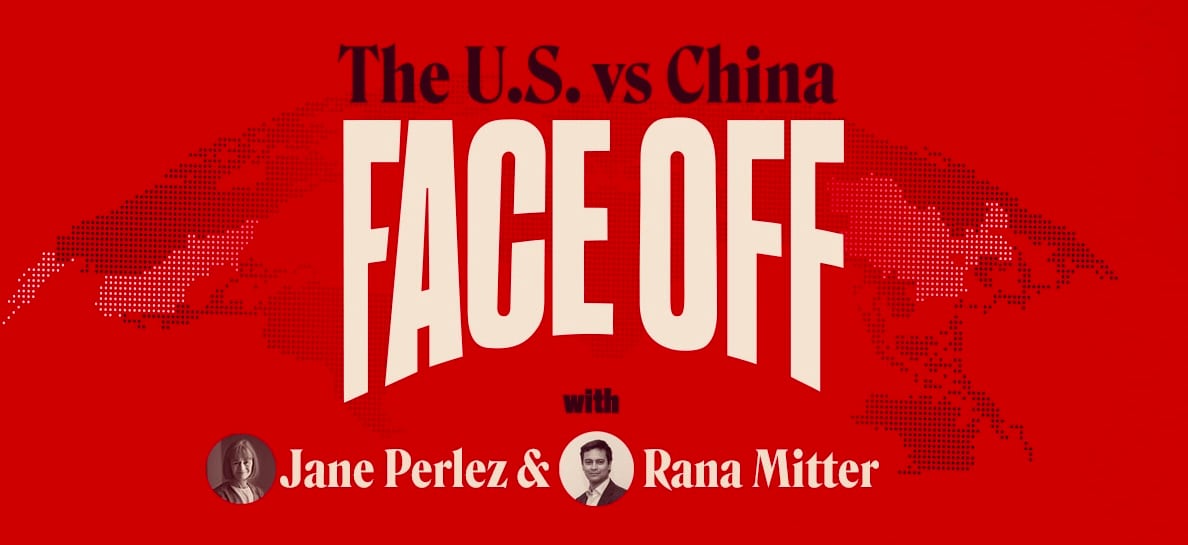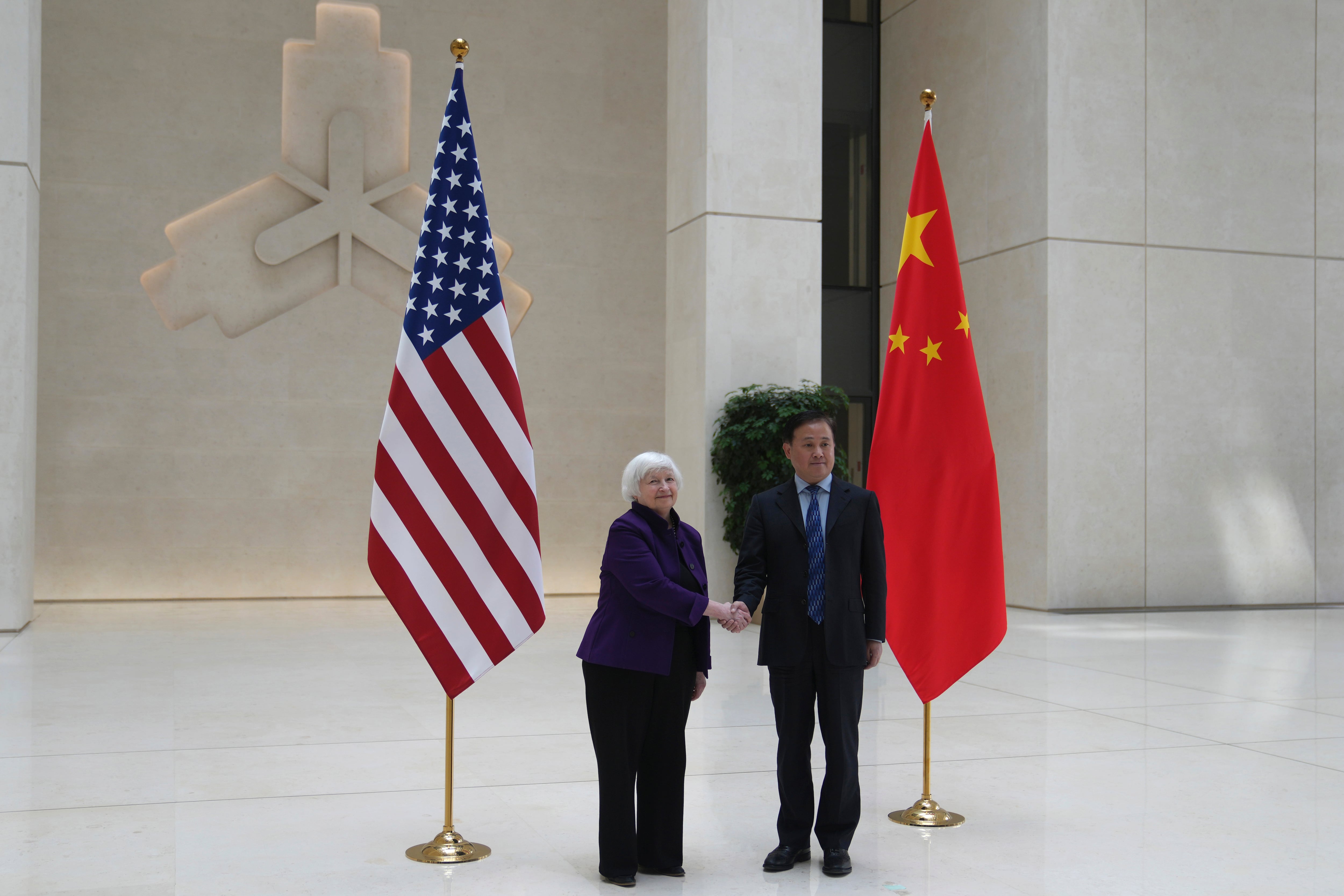President Trump announced Wednesday that the government will develop new policies to ban flavored e-cigarettes in an effort to curb underage vaping.
"We are looking at vaping very strongly. It's very dangerous … And we're going to have some very strong rules, regulations," Trump said in the Oval Office, alongside Health and Human Services Secretary Alex Azar and Acting Food and Drug Administration Commissioner Ned Sharpless.
Trump added that the FDA will announce "very strong recommendations" in the coming weeks. The new guidelines will specifically target the proliferation of non-tobacco-flavored e-cigarettes, which can range from minty to fruity and are especially popular with minors. Among high schoolers, over 25 percent of students are current users of flavored e-cigarettes, according to the FDA.
Wednesday's announcement comes as the government and health experts are increasingly scrutinizing the impact of e-cigarettes, which proponents argue are a far healthier alternative to traditional cigarettes.
In December 2018, however, the U.S. Surgeon General issued an advisory urging extreme caution and stressing the importance of protecting children from e-cigarette addictions. The U.S. Centers for Disease Control and Prevention also reported last week that over 450 cases of lung illnesses associated with the use of e-cigarette have been recorded across 33 states. Six of those cases have resulted in deaths — the latest of which occurred on Tuesday in Kansas.
"[Using e-cigarettes] is exceptionally harmful to our children. An entire generation of children risk becoming addicted to nicotine because of the attractiveness, appeal-ability, and availability of these vaping products," Azar said.
The announcement also comes just days after the FDA issued a warning letter to Juul, the San Francisco-based e-cigarette producer.
Juul said in a statement that "we strongly agree with the need for aggressive category-wide action on flavored products" and that it will "fully comply with the final FDA policy when effective."
Sharpless added on Wednesday that the coming guidelines will have the effect of "severely curtailing access to flavored e-cigarette products, which we believe drive childhood use, and will help us get a handle on this alarming and concerning trend." The new guidance will only be aimed at removing flavored nicotine products from the market, not cannabis vapes.
First Lady Melania Trump, who was present at the Oval Office announcement, expressed her concern for e-cigarettes earlier this week, saying on Twitter that the U.S. needs "to protect the public from tobacco-related disease and death, and prevent e-cigarettes from becoming an on-ramp to nicotine addiction for a generation of youth."
Juul and several other e-cigarette makers, such as Beard Vape and Direct eLiquid, have also faced pressure from state and local governments. In June, San Francisco became the first major U.S. city to ban e-cigarettes until the FDA adequately studies their health effects.
Moreover, earlier this year, North Carolina sued several e-cigarette producers for allegedly downplaying the addictiveness of flavored e-cigarettes.
"Children are vaping because of flavors. The FDA today took an extremely positive step forward that will protect our kids," North Carolina's Attorney General Josh Stein said in a statement Wednesday. "I applaud the FDA for banning flavors. Adults who want to transition from traditional cigarettes to e-cigarettes can still do that."
Stein added that his office will move forward with its lawsuits in an effort "to hold these companies accountable for fueling a vaping epidemic among high school and middle school students."











